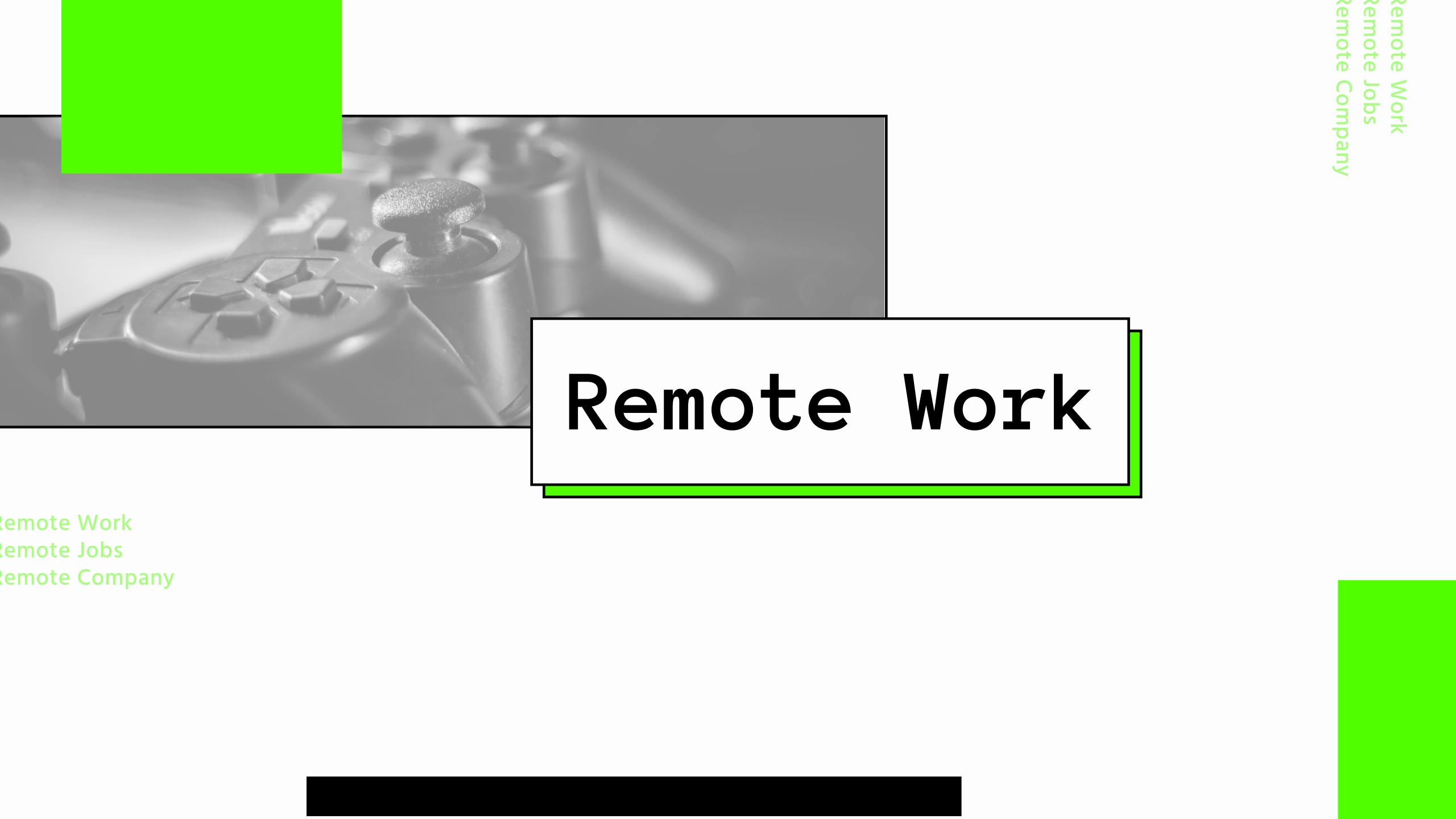Here is a question that we hear all the time at MKG Marketing:
How is it possible for your team to work cohesively across three different time zones and from 7 different states?
To be honest: It's a great question!
We always describe MKG as a remote-first agency. This means that it's just as likely that someone will be working from their home office as it is that they'll be at a coffee shop or even - gasp! - at one of our offices in the Seattle, Vancouver, or New Orleans areas.
By describing ourselves as remote-first, what I'm saying in layman's terms is that we built the company to operate as a completely remote environment.
Our technology stack of Slack, Google Apps, Zoom, and Asana (to name a few of many!) support remote work.
The policies in our Employee Handbook that are followed by everyone (including Kerry and myself) are centered around a successful remote environment.
Celebrations for hitting company goals, completing rocks, or other projects are celebrated remotely via Zoom (well...sometimes we get together in person :) )
So let's come back to the question we've been hearing for years now: How does a remote-first work environment work for your team?
Treat this post like a journal of our thoughts and experiences. It will be updated on a regular basis and written in a very candid format so people can see what it's like to work in a remote-first environment like the one at MKG.
It All Starts with Visible Values
We work really hard to integrate our company values into everyday life here at MKG.
For example: Let's look at how team members recognize each other publicly here at MKG.
MKG uses Slack for chat with Bonus.ly to recognize a colleague. These two programs have a direct integration with one another.
It doesn't matter what your role at the company is. Bonus.ly allows you to award 'Bonus Stars' to a colleague for a job or project well done. When you award these stars, it is posted publicly to the #Praise channel of our Slack instance. When you award somebody stars, it's required that you included a #Value at the end of your message (minimum of 1).
Were they upholding the MKG standard?
Keeping the Big Picture in mind?
Leading with a People First attitude?
Slack will reject the Bonus.ly message if there isn't a company value tied to it.
What's fun about bonus.ly stars is that you can total them up to be redeemed for gift cards to Home Depot, Starbucks, or dozens of other places directly tied into the bonus.ly platform. So it's not just being recognized by a peer with a company value tied to that recognition; there are real world rewards to being recognized!
All Hands Meetings & Annual Summit
Every quarter we host a virtual All Hands meeting on Zoom video chat.
The purpose of the All Hands meeting is to spend ~90 minutes or so discussing the health of the company, progress against Rocks/Goals, and setting up the next fiscal quarter (or year). It's also an opportunity for Q&A from the entire team.
Additionally, we host an Annual Summit in person once every year. We fly to the same city for 2-3 days, cover some of the company news like in the All Hands meeting, but really focus on team building activities.
Team Run "Meetings of the Minds"
Individual team members came up with biweekly internal "meetings of the minds" a few years ago.
Examples include the PPC Meeting of the Minds as well as the SEO Meeting of the Minds.
These are internal meetings held every few weeks where team members in those roles (SEO Experts, PPC Experts) get together to chat about what's happening in their respective worlds. It's a chance to share information, tips, and tricks. Solve problems for a client. Or just to shoot the breeze about the industry.
In my opinion, the coolest part about these meetings is that they are planned by the PPC or SEO team members (with AD support). It's not something that ADs mandate or that Kerry or myself require. It just organically started happening a few years back and now is something that is on the calendar for those team members every month.
Planning Rituals via Zoom
At MKG, we follow Scrum for planning purposes. This means that we have...
- Daily standup (we are currently doing this via Slack)
- Weekly work planning meetings in the form of Sprint Planning
- Retrospective meetings to review what's gone on in the past week
All of these planning rituals happen over a Zoom video chat. As the team has grown, we've joked about calling ourselves the Brady Bunch.
Remote Onboarding Buddy
Every new hire gets what we call an onboarding buddy. Imagine this person like a sherpa to help you understand how MKG operates.
These buddies are connecting - at minimum - a few times a week on topics such as:
- How does our file structure work in Google Drive?
- What am I supposed to do when X happens in Asana?
- Are there expectations for when I'm on/offline? (this is in the Playbook but can be reinforced from an onboarding buddy)
We like to put onboarding buddies together who are in similar roles and time zones. It's difficult (not impossible, though) for onboarding buddies to be many time zones apart as the parts of their days that overlap are naturally different.
OVER-communicate
Outside of our values, over-communicating might be the most important piece of a successful remote work environment.
Remember: Nobody can turn around and SEE what you are doing.
Not feeling well and need to lay down for a few minutes? Let people know via Chat and your Slack status.
Walking your kids to the bus stop? Give us a :bus: emoji on Slack to let you know where you are headed.
Need to go heads down on an intense work project? Let us know via Slack and set an Away message on your Email inbox.
What's worked well for us is to make sure everyone was comfortable from Day 1 sharing their physical status (Where am I? How am I?) anytime there was a change.
You can never communicate too much in a remote setting.
Accountability in a Remote Environment
We hear this question all the time:
How is everyone held accountable when they are physically in the same office?
Accountability relies on a series of systems and/or processes that we've adopted over the years.
- Daily Standup: Every day the Account Director updates their colleagues on who is doing what and due by when via Zoom Chat messages in the appropriate chat channel
- Weekly Retrospective: On Friday's we reflect on the previous week. What worked? Didn't?
- Weekly Sprint Planning: Account Directors plot out tasks and projects each week for every team member/client
- Weekly 1-on-1's: Team members have a weekly or biweekly 1-on-1 meeting to discuss how life is going, what's happening at work at a high level as well as anything else that is on their mind.
- We use Asana for project and task management. Overdue tasks flash a bright red color as they pile up ... too many of those and anyone in the agency can see that you are falling behind for some reason or other.
To be continued...
We're just getting started! As we continue to develop our remote first culture, the team will make additions to this post. So make sure to smash that 'bookmark' button on your browser, on Pocket, etc so you can find this easily in the future :)
Does a remote first work environment sound attractive to you? Check out the jobs page of our website to see open roles.
Are you interested in hiring experts digital marketing to help you scale your business? Schedule some time on AnDrae and Mike's calendar to explore how we might be able to help you: https://calendly.com/mike-krass-mkg/chemistry-call?month=2020-02




